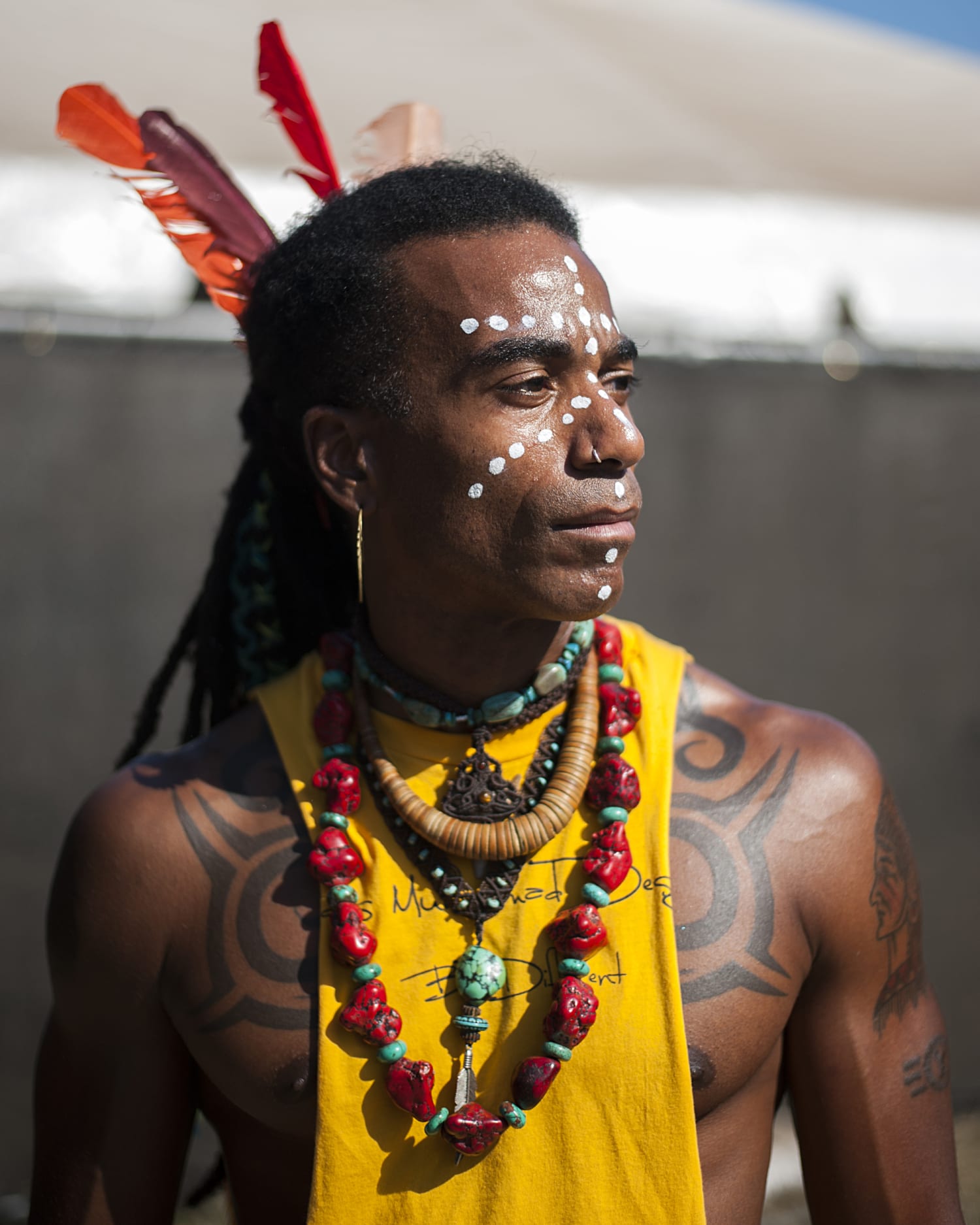World
Multicultural Festival Faces Challenges Amid Global Strife

In a world filled with conflicts and tensions, the cherished idea of multiculturalism in places like Canada is facing new hurdles. Events around the globe, like the destruction in Gaza and the war in Ukraine, are seeping into our daily conversations and public life.
The Edmonton Heritage Festival, a vibrant yearly celebration of cultures that has been going strong for 50 years, showcases food, art, and performances from diverse community groups. Despite the festival’s popularity, with crowds reaching over 300,000 each year, there are concerns about how it can maintain its core values amidst geopolitical upheaval.
Bruce Hogle, the festival president, emphasizes the festival’s commitment to culture, stating, “Culture is not defined by borders.” The festival has always been about local communities sharing their unique flavors and traditions. However, the delicate balance of welcoming diverse cultures while avoiding political entanglements is being tested.
Historically, the festival has faced challenges, including financial issues and group controversies, yet it has mostly succeeded in keeping the peace among cultural organizations. This year, though, the dynamics shifted dramatically with the war in Ukraine affecting decisions about participation.
The Russian Heritage Cultural Development Association withdrew from the festival in 2022 but expressed interest in returning for 2023. However, the Edmonton branch of the Ukrainian Cultural Congress pushed back strongly, arguing that a Russian presence would be disrespectful while the war continues.
Instead of finding common ground, the festival leaders ultimately decided to decline the Russian pavilion’s application, citing vague security concerns. This decision ignited a firestorm of criticism, with some saying it unfairly punished Russian Canadians for actions taken by the Russian government.
Yaroslav Broda from the Ukrainian Congress argued that the ongoing conflict created a unique situation where the war’s devastation could not be ignored. Meanwhile, the local Russian community reported feeling isolated and misrepresented, with some members fearing repercussions for speaking out against the war.
As tensions from global conflicts bubbled over, the festival also prepared for the inclusion of both Israeli and Palestinian pavilions amid rising hostility related to their own ongoing conflict. In contrast to the Russian pavilion situation, both sides have remained focused on cultural celebration rather than mutual exclusion.
Yet, even with security plans in place, there is an air of nervousness leading up to the festival, given the recent increases in protests and instances of public disturbances in the community related to international conflicts.
Experts warn that as cultural institutions increasingly become battlegrounds for political statements, the risk of further divisions may grow. Some believe social media plays a significant role in this, leading people to echo more entrenched positions without seeking understanding or dialogue.
Despite the challenges, leaders and participants held hope that the festival could still serve as a space for connection and joy, away from the harsh realities of global politics.












